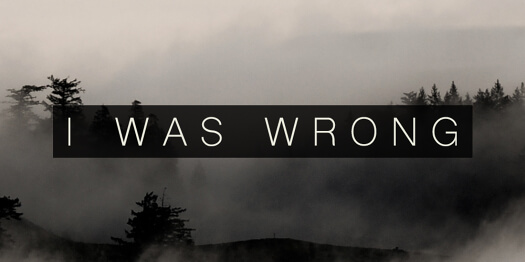{latest in a developing series on Smashing Paradigms}
For my story-telling explanation of the definition of a Paradigm, see “What is a Paradigm“.
One way of defining a paradigm is “an unconsciously held belief that limits us from fresh thinking” or “we’ve always done it this way”

(c) smasherofficial.com
The world we know is based on the “command and control” method of leadership that leveraged the post Second World War return to the work force of millions of men used to following orders without question.
Out of this paradigm of omniscient and all powerful leadership came the orthodoxy of the MBA and Business School training that to some level still persists, and certainly has formed much of the understanding, knowledge and beliefs of many of the CEOs, Politicians and other 40+, 50+, 60+ leaders that guide our world now.
In the last week we have seen yet another school shooting in the USA, yet all around the world the sadness is amplified by the sense that nothing will change (though let us hope that the likes of Emma Gonzalez will change that. More on that tomorrow in a positive and life affirming post.. I am an eternal optimist who believes love will triumph over fear!).
I thought about what needs to change in leadership in the USA for gun control to really happen in the way it did in the UK and Australia in recent decades. My simple conclusion ? Our “command and control” leaders in the USA and around the world simply need bravery, the bravery to stand up and say “I was wrong“.

Command and control leadership means :
- strict hierarchies
- leaders expected to have all the answers
- people who first are repeatedly told and then acquiesce and accept that they have no empowerment, no ability to have input to or make decisions.
Command and control is a model for the past, what we need now is #OpenLeadership.
In an article two months ago, “Humble Leadership and Trust“, I referenced humble leaders such as Chip Conley and Satya Nadella, and phrases such as :
“Make it happen. You have full authority.” from Satya Nadella
then my own favourite words to say to someone when they seek my answer :
“I don’t know, what do you think ?”
linked then to Chip’s concept in his interview in that article, around being a “Vulnerable Visionary…with confidence”.
These are fantastic words to use with your people when combined with an assured presence and confidence in yourself and your team to find the answers.
That said, the words “I was wrong” are at a different level of power, of humility, of ownership, of integrity, of authenticity.
As an example (and check back tomorrow for a full post on this), America needs leaders who can say “I was wrong” about gun control, about the intensely tribal nature of their country and politics, then have the confidence to say “I don’t know, what do you think ?” and truly listen to Emma Gonzalez and the passionate, smart and purposeful youth who are the future of that country, then finally to empower by saying words like “make it happen, you have full authority“.
Trust, not Control.
Love, not Fear.
#OpenLeadership.
Ok, am on a roll, so adding this tweet from Vala Afshar. look at #7.. then look at what Randy Pausch has to say about apologies :
Language of successful managers:
1 how can I help?
2 what do you think?
3 your work matters
4 I trust you and our team
5 I appreciate your commitment
6 thank you for working hard
7 I was wrong, I am sorry
8 your career path is my priority
9 do you have the tools to succeed?— Vala Afshar (@ValaAfshar) January 18, 2018
Randy Pausch on what makes an apology :
“Proper apologies have three parts:
1) What I did was wrong.
2) I feel badly that I hurt you.
3) How do I make this better?”
Leadership is so simple, we do so over-complicate it.
Be humble, be confident, believe in your people, be purposeful.
